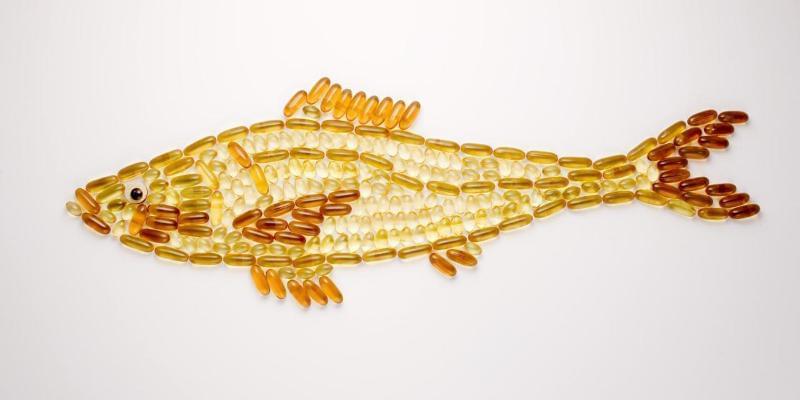
Balanced Nutrition During Pregnancy and the Importance of Fish Consumption & Omega-3
Women should maintain a balanced and regular diet during pregnancy. Weight gain is an inevitable part of this process. Your diet is one of the most important external factors that can affect your baby's health. Consuming certain foods is particularly beneficial.
Fish Consumption and Omega-3 Use in Pregnancy Nutrition
Women should maintain a balanced and regular diet during pregnancy. Weight gain is an inevitable part of this process. Your diet is one of the most important external factors that can affect your baby's health. Consuming certain foods is particularly beneficial.
For maternal and fetal health, omega-3 consumption during pregnancy is essential. Since omega-3 fatty acids cannot be produced by the human body, they must be obtained from external sources. Omega-3 is primarily found in fish (especially small fish) and walnuts, as well as in green leafy vegetables (such as spinach) and sunflower seeds. Fish oil provides protective and supportive effects on the baby’s brain, nervous system, eyesight, cardiovascular system, and joints.
During pregnancy, omega-3 can be taken through food sources as well as in supplement form. If fish consumption is less than once per week, one omega-3 tablet per day is recommended starting from the fourth month of pregnancy. Since tuna and oily fish may contain mercury, intake should not exceed two servings per week.

